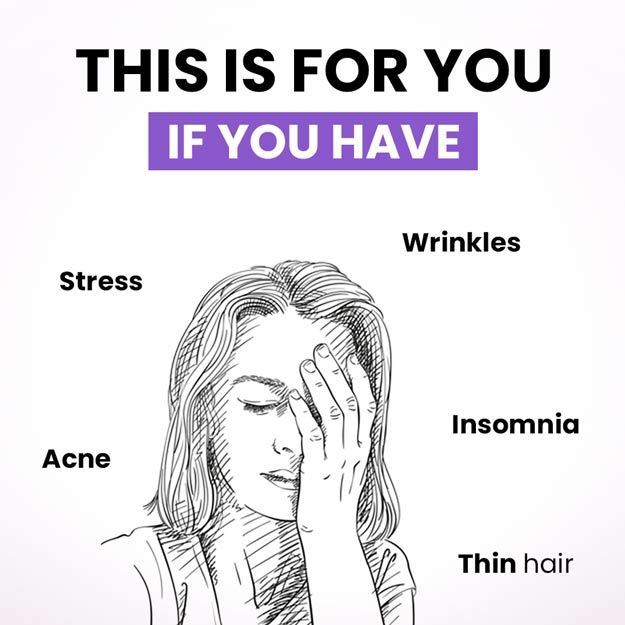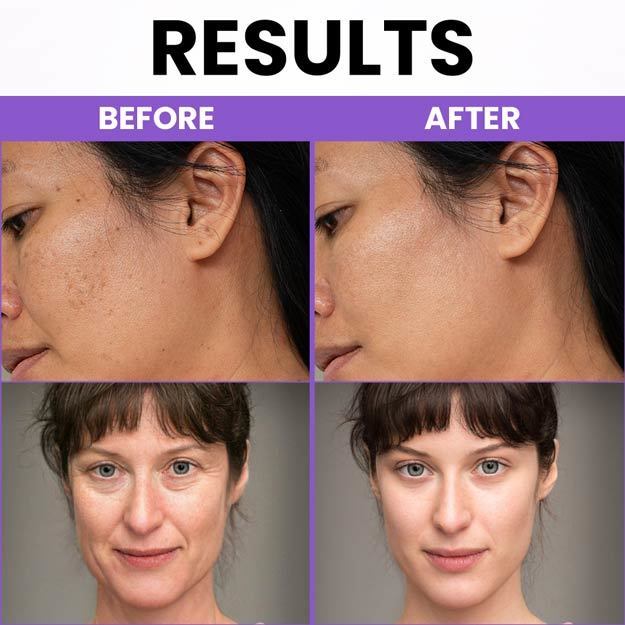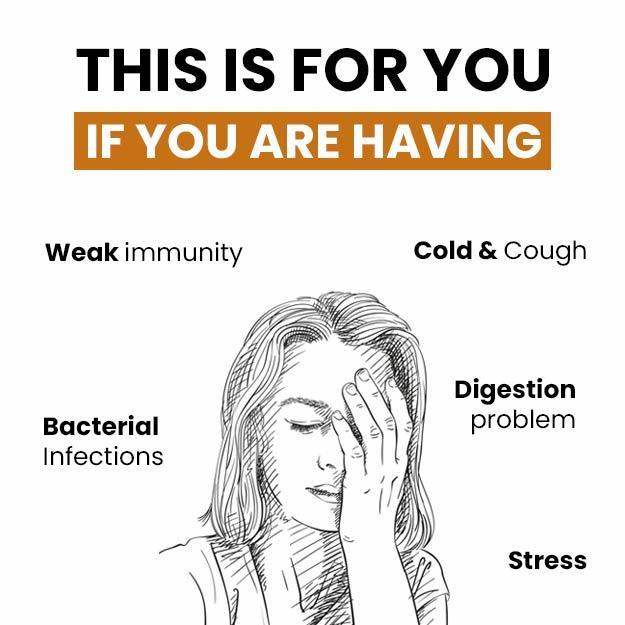Brain plasticity theory states that sleep is essential for brain function. Specifically, sleep allows neurons, or nerve cells, to reorganize. While we sleep, the brain's glymphatic (waste clearance) system clears waste from the central nervous system. Sleep flushes out toxic products that accumulate in the brain throughout the day. Due to this, when we wake up, the brain is able to work well. Research shows that sleep helps restore memory by converting short-term memories into long-term memories, as well as by erasing or forgetting unnecessary information. Sleep affects many aspects of brain function, including:
- Learn
-
Remember
-
problem solving skills
-
creativity
-
decision making
-
stay in the center
-
concentration
-
emotional well-being
Similarly, sleep is essential for emotional health. During sleep, brain activity increases in areas that regulate emotions, supporting healthy brain function and emotional stability.
An example of how sleep can help regulate emotions occurs in the amygdala. This part of the brain, located in the temporal lobe, helps in the fear response. It controls your response when you encounter a stressful situation. When we get enough sleep, the amygdala responds in a more adaptive manner. Research shows that sleep and mental health are linked.
- Aids in weight maintenance
Sleep helps in maintaining weight balance by controlling hunger hormones. These hormones include ghrelin, which increases appetite, and leptin, which increases the feeling of fullness after eating. During sleep, ghrelin decreases because you are using less energy than when you are awake.
Lack of sleep increases ghrelin and suppresses leptin. This imbalance leads to increased hunger, which can lead to eating more calories and increasing the risk of weight gain. Recent research suggests that lack of sleep may be associated with the following risks:
Insulin is a hormone that helps cells use glucose or sugar for energy. But in insulin resistance, cells do not respond properly to insulin. This can lead to high blood sugar levels and, ultimately, increase the risk of developing type 2 diabetes. Sleep may protect against insulin resistance. It keeps your cells healthy so that they can easily absorb glucose. The brain also uses less glucose during sleep, helping the body regulate overall blood glucose.
Read more - (Can Sleeping Too Much Cause a Stroke?)
- Helpful in increasing immunity
A healthy and strong immune system depends on sleep. Research shows that lack of sleep can disrupt the immune response and make the body more susceptible to germs. When we sleep, our body makes cytokines, which are proteins that fight infection and inflammation. It also produces some antibodies and immune cells. Additionally, sleep prevents disease by destroying harmful germs. That's why sleep is so important when we're sick or stressed. At such times the body needs even more immune cells and proteins.
- Helpful for heart and brain health
Scientists believe that sleep is helpful in heart health. The Centers for Disease Control and Prevention (CDC) says the average adult needs 7 hours of sleep a night. Getting less sleep than this can lead to health problems, many of which can harm your heart health.
Lack of sleep is linked to risk factors for heart disease, including:
Read more - (Ayurvedic Tips for Good Sleep)






























